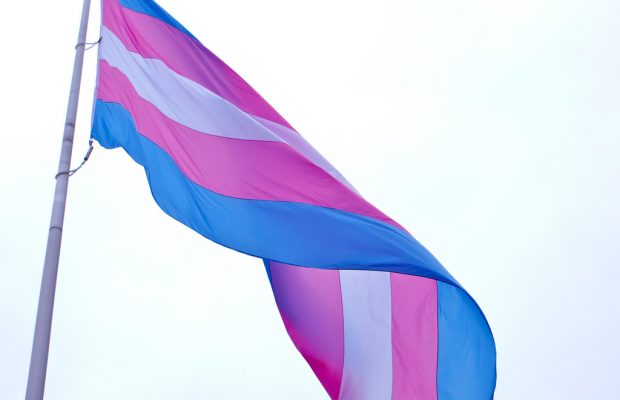Let transgender people serve

President Donald Trump tweeted a proposal to ban transgender military service in July 2017. A year and a half later, the Supreme Court condoned this decision.
On Jan. 22, the Supreme Court voted 5-4 to uphold the ban, reversing a policy that former President Barack Obama made allowing transgender people to serve. Not only is this a mistake on the part of the Supreme Court, but it represents a major change in the direction of equality for all citizens.
First of all, let’s take a look at how transgender people are a “burden” to the military. Trump’s tweet stated that transgender people contribute “tremendous medical costs and disruption” to the US military. However, the use of the word “tremendous” is misleading here. According to a 2016 Defense Department study, the costs for transgender hormonal treatments and surgeries are very minimal compared to the total costs of military health care. Additionally, the National Transgender Discrimination Survey found that transgender people are twice as likely to serve in the military than the general population. Placing a ban just stops that many people from potentially serving.
So why was the ban created, and more importantly, why was it approved by the Supreme Court? This simply reflects the views that the Trump administration has on transgender people. Even though there is a lack of evidence supporting their point, they believe that transgender people should not serve… just for being who they are. In regards to the policy, the Pentagon stated, “(The policy) will ensure that the U.S. Armed Forces remain the most lethal and combat effective fighting force in the world.” Are they assuming that transgender people are incompetent? We must remember that transgender people complete the same military training as everyone else and would reasonably be as well-prepared as other recruits. Making this statement is discriminatory and is dangerous to the perception of transgender people nationwide.
Thankfully, there are many others who share this opinion. On Feb. 7, lawmakers introduced bipartisan bills that seek to override Trump’s policy. This legislation was introduced by Kirsten Gillibrand, Jack Reed and Susan Collins. Gillibrand referred to Trump’s ban as “an insult to the brave and patriotic transgender Americans who choose to serve in our military.” In addition, millions of Americans are speaking out against Trump’s policy, using the hashtags #ProtectTransTroops and #TransRightsAreHumanRights. However, the earliest the Supreme Court could examine the ban’s constitutionality would be next fall.
Until then, we must not be complacent towards this pressing issue. Although it affects a small fraction of citizens, the ban represents a definite step away from the progress that has been made towards equal rights. In light of marriage equality and the first transgender congresswoman, it feels like we’re regressing in time.
